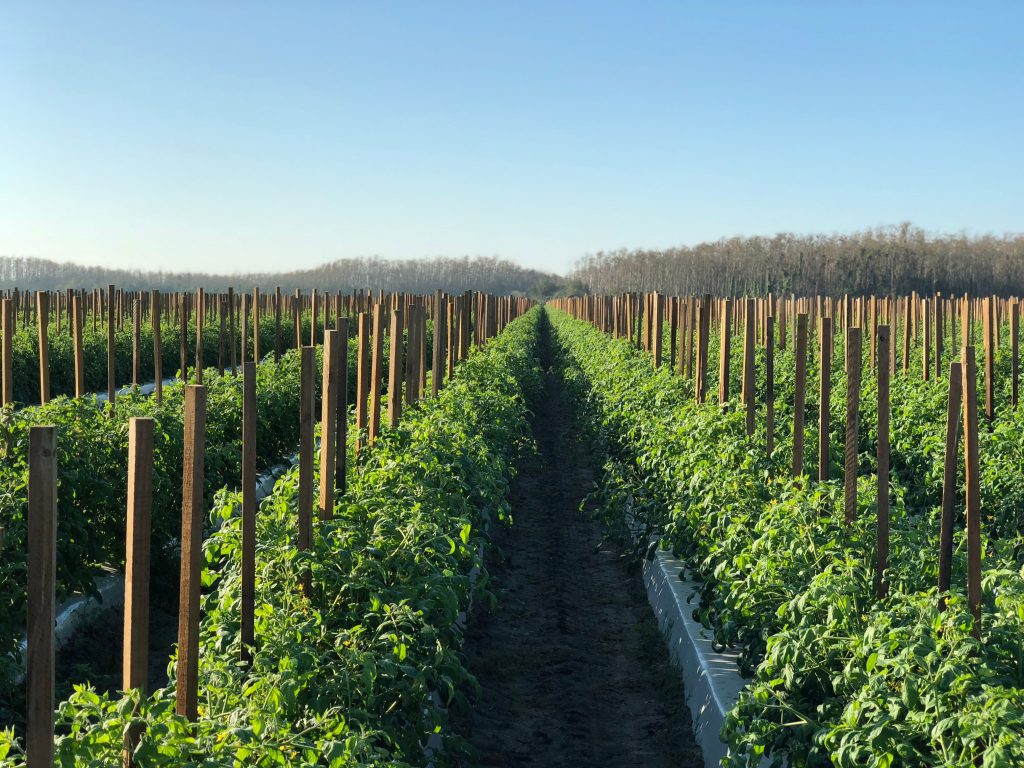By Clint Thompson
The Jan. 30 freeze event that impacted numerous specialty crops across Florida has created an ‘unknown’ outlook for the tomato industry.

Josh Freeman, University of Florida Institute of Food and Agricultural Sciences (UF/IFAS) associate professor in horticultural science, discusses what the damage sustained by tomatoes in the southern part of the state means for production in north Florida and South Georgia.
“I think it all boils down to the amount of replant and the delay in maturity. It could be a negative thing if it’s a replant and that season drags into our tomato season and south Georgia’s tomato season,” Freeman said. “I think it’s an unknown. I think nobody will know for another week to see exactly what that impact will look like and how that may drag their season into our season.”
The sub-freezing temperatures were devastating enough for tomato plants. But it is the subsequent damage derived from diseases that has growers concerned.
“I saw some images (of plants) that were at second or third tie that were severely damaged. It’s not just the damage itself, but it’s the onslaught of all the other pathogens that hitchhike into that dead or decaying tissue,” Freeman said. “You’ll see something that’ll take an easy entry into that necrotic tissue. I think the freeze event is one thing but it’s also the cascade of problems that follow that freeze event. Whether the plants recover or not, you’re almost certainly going to have greater disease incidences following that.
“(Growers are) almost certainly going to see bacterial spot, potentially some late blight and stuff like that, that’s in that damaged tissue. They need to see how far they are into the season and whether it’s worth trying to limp that crop home or just calling it a loss and seeing how whole they could be made by potential crop insurance offsets.”










